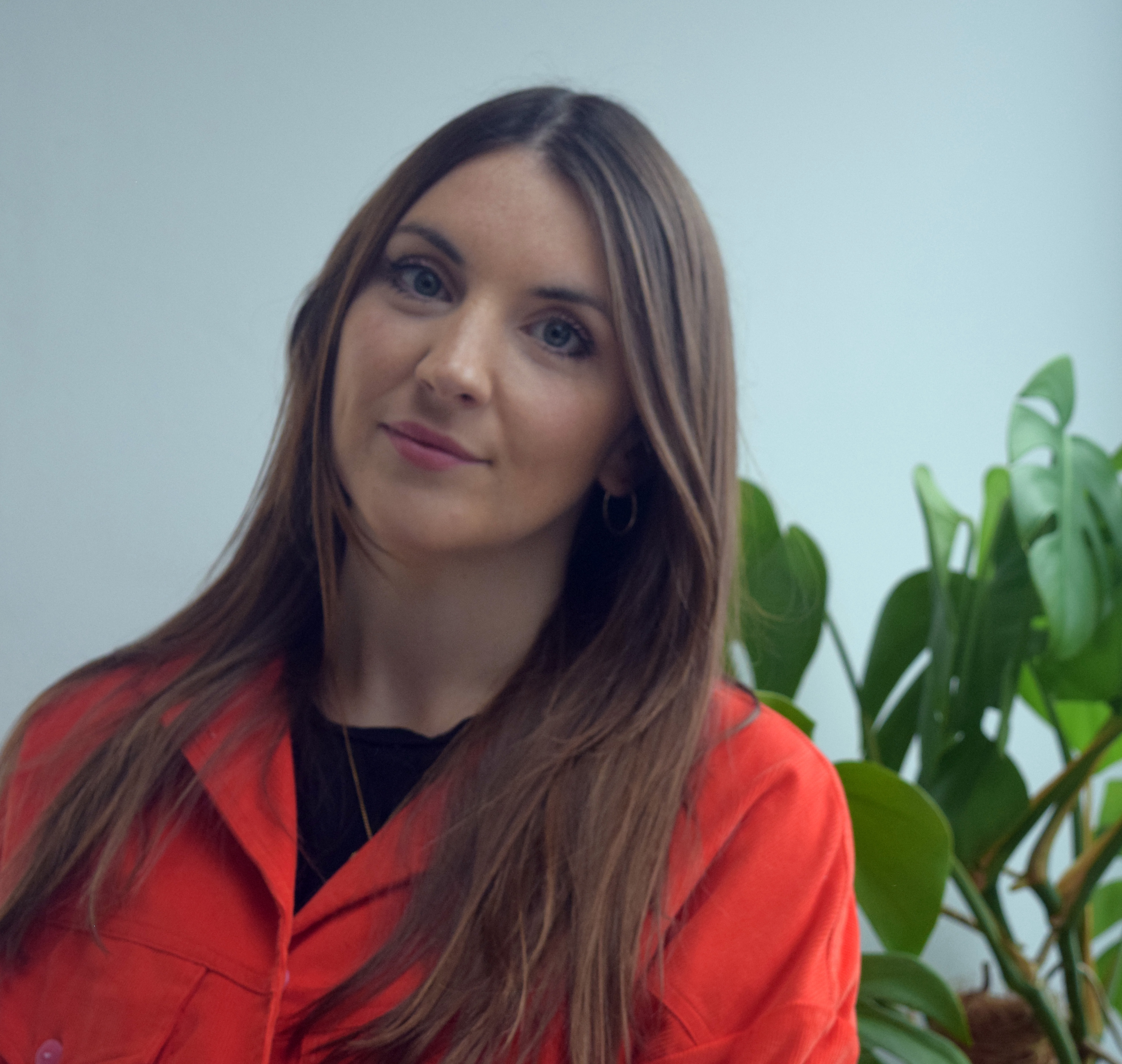The best career changes for teachers
Are you in teaching, and ready for a change? Well it turns out the world's your oyster...


Celebrity news, beauty, fashion advice, and fascinating features, delivered straight to your inbox!
You are now subscribed
Your newsletter sign-up was successful
Are you in teaching, and ready for a change? Well it turns out the world's your oyster...
Contrary to what you might think, it’s never too late to have a career change. In fact there are plenty of examples of people who have thrived in second, or even third careers.
“I’ve always felt that the model that says someone enters a career aged 21 and then retires 40 or 50 years later is outdated and not great either for the employee or the employer,” says Brett Wigdortz, CEO of tiney and Founder of Teach First. “People need to refresh themselves, their skills and their excitement about work — for most people that involves some changes.”
And, when it comes to teaching, career changes can create specific benefits for the sector. “It’s not necessarily great for schools to have the same workforce every year,” says Brett. “Changes can be good on all sides to help improvements. Some of the lowest performing schools I’ve seen have staff teams with no turnover; sometimes you need some fresh blood and ideas.”
Grace Keisner, 32 from London, had always been interested in working with children and after university, got a place on Teach First — a paid teacher training programme that places graduates in disadvantaged schools.

But after three years teaching English at schools in London, Grace was frustrated with the current system and the importance placed on exam performance. “There were too many pieces of policy that I thought weren't conducive to learning,” she says. “We’re not teaching kids to be critically minded, engaged citizens, we’re teaching them to be really good at following instructions and filling out papers. Kids end up with an over reliance on external forms of validation and never develop an intrinsic love for learning”.
Grace realised that what she was most interested in was these big policy issues. “If you want to make important policy decisions, you need to know how to sit at the table,” she says. “And when I say the table, I mean the table where all the white men are.”
She got a job working for the public sector division of management consultancy PWC, a company where decisions are made that have an enormous impact on how children experience school. Since then, she’s also worked as a freelance strategist for charities. And she's almost gone full circle, as her current role is in strategy at Teach First.
Grace believes her experience teaching helped set her up for all these roles. Firstly, communication skills, both written and verbal, are critical to being a teacher as you’re constantly delivering instructions for children to follow. In her later roles, good communication has been vital for developing client and stakeholder relationships, plus composing emails and presentations.

Teaching also develops skills more specific to strategy, as you have to plan out what’s on the curriculum. “You learn how to set a direction and then chunk it up and say, this is how we're going to get there,” says Grace. “You also have to absorb lots of information, digest it and then share it in a way that kids can understand. If you're working in a strategic role, or a project management-type role, I think the success of those things often rely on how good you are at defining what your outcomes should be, and then knowing how to ask the right questions.”
Brett agrees that teaching can be a brilliant precursor to a strategic role. “Almost every aspect of teaching is transferable,” he says. “It’s the ultimate leadership role — leading people who don’t know what they need and helping them to get to a place where they’ll be better off.”
He’s seen teachers go on to become business leaders, lawyers, policy makers, charity heads and entrepreneurs. “Any role that requires working with people and leadership skills,” he says.
Alternatively, if you want to stay in education, but not a school environment, becoming a childminder can be a rewarding option. Amy Terry, 31 from Romford, had always dreamed of becoming a teacher. But after five happy years of teaching Primary school children, she got pregnant.

“I knew straight away that I would need to reduce my working hours to part-time as I already had a very poor work-life balance,” she says. “Unfortunately, during my maternity leave, Covid-19 arrived. My son's grandparents were classed as clinically vulnerable and I suddenly felt a huge responsibility to not bring Covid into their homes. After lots of tears and anxiety, I had no other option but to hand in my notice, leave my dream job and find another career that would bring me the same level of fulfilment.”
Amy discovered Brett’s organisation tiney, a child-minding agency that also provides training and support. “I now get to stay at home and work with my son every day,” she says. “I created a home-from-home nursery setting so that I can provide young children with highly personalised, child-led and quality care and education. I currently have three children on my register and have limited availability until I am able to expand and hire an assistant.”
Amy believes she gained a huge range of skills from teaching. “Most importantly to me, I’m able to remain incredibly calm in stressful situations,” she says. “I can multitask, problem solve and I adapt to new changes quickly and without panic.”
There are multiple directions you could take after teaching, as communication, planning, project management, strategy and childcare are just a few of the skills you will have developed on the job. “Many teachers don’t realise just how impressive their day to day work is and how transferable their abilities are,” says Brett. “You are showing amazing skills everyday that other professions would love in their employees. So make sure you don’t undersell yourself.”
Celebrity news, beauty, fashion advice, and fascinating features, delivered straight to your inbox!
